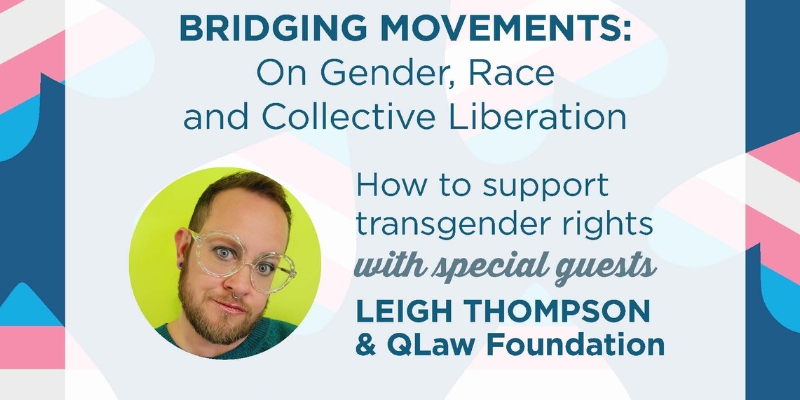
Rental Partner: The Endowment for Equal Justice presents
Bridging Movements
On Gender, Race and Collective Liberation

Rental Partner: University of Washington Office of Public Lectures presents
Embracing a Human-Centric Approach to AI Development

Throughout this year, several noteworthy examples have brought to light the profound effects of AI technologies on individuals and society. We witnessed AI systems displaying unfair bias towards disabled parents, data enrichment workers prone to low wages and inadequate working conditions, a chatbot providing improper advice to teens, Hollywood writers protesting against AI content generation, and deepfakes blurring the line between fabricated information and reality. Furthermore, a recent survey conducted by KPMG showed that three out of five people across nations are wary about trusting AI due to various factors including, cybersecurity threats, impact to human rights, biased outcomes, job loss, and deskilling. Needless to say, creating equitable and trustworthy experiences necessitates thorough deliberation.

Rental Partner: The Endowment for Equal Justice presents
On Gender, Race and Collective Liberation

Rental Partner: Mehfil Nights presents
Coke Studio 2.0

Rental Partner: Mehfil Nights presents
Coke Studio 2.0